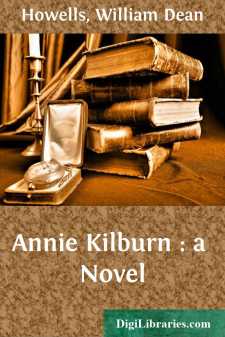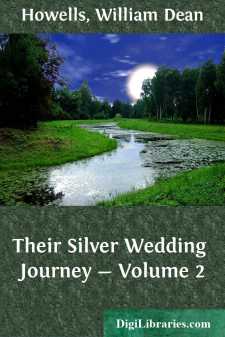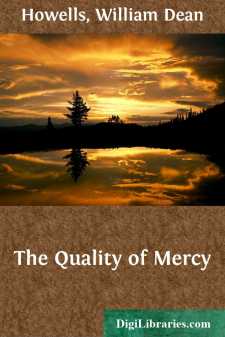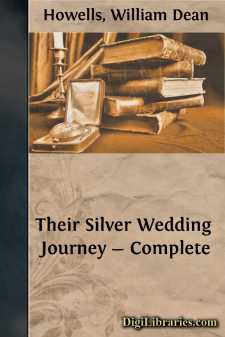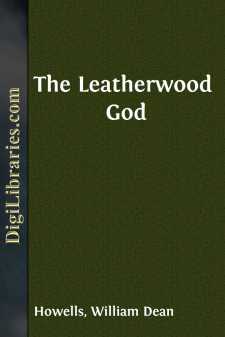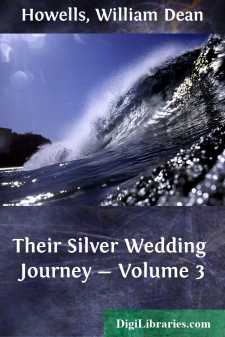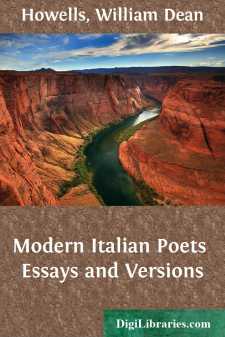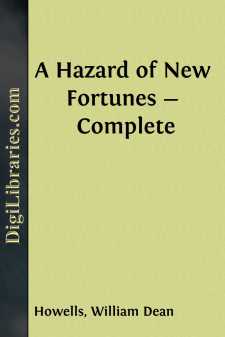Categories
- Antiques & Collectibles 13
- Architecture 36
- Art 48
- Bibles 22
- Biography & Autobiography 813
- Body, Mind & Spirit 141
- Business & Economics 28
- Children's Books 12
- Children's Fiction 9
- Computers 4
- Cooking 94
- Crafts & Hobbies 4
- Drama 346
- Education 46
- Family & Relationships 57
- Fiction 11826
- Games 19
- Gardening 17
- Health & Fitness 34
- History 1377
- House & Home 1
- Humor 147
- Juvenile Fiction 1873
- Juvenile Nonfiction 202
- Language Arts & Disciplines 88
- Law 16
- Literary Collections 686
- Literary Criticism 179
- Mathematics 13
- Medical 41
- Music 40
- Nature 179
- Non-Classifiable 1768
- Performing Arts 7
- Periodicals 1453
- Philosophy 64
- Photography 2
- Poetry 896
- Political Science 203
- Psychology 42
- Reference 154
- Religion 513
- Science 126
- Self-Help 83
- Social Science 81
- Sports & Recreation 34
- Study Aids 3
- Technology & Engineering 59
- Transportation 23
- Travel 463
- True Crime 29
Annie Kilburn : a Novel
Description:
Excerpt
I.
After the death of Judge Kilburn his daughter came back to America. They had been eleven winters in Rome, always meaning to return, but staying on from year to year, as people do who have nothing definite to call them home. Toward the last Miss Kilburn tacitly gave up the expectation of getting her father away, though they both continued to say that they were going to take passage as soon as the weather was settled in the spring. At the date they had talked of for sailing he was lying in the Protestant cemetery, and she was trying to gather herself together, and adjust her life to his loss. This would have been easier with a younger person, for she had been her father's pet so long, and then had taken care of his helplessness with a devotion which was finally so motherly, that it was like losing at once a parent and a child when he died, and she remained with the habit of giving herself when there was no longer any one to receive the sacrifice. He had married late, and in her thirty-first year he was seventy-eight; but the disparity of their ages, increasing toward the end through his infirmities, had not loosened for her the ties of custom and affection that bound them; she had seen him grow more and more fitfully cognisant of what they had been to each other since her mother's death, while she grew the more tender and fond with him. People who came to condole with her seemed not to understand this, or else they thought it would help her to bear up if they treated her bereavement as a relief from hopeless anxiety. They were all surprised when she told them she still meant to go home.
"Why, my dear," said one old lady, who had been away from America twenty years, "this is home! You've lived in this apartment longer now than the oldest inhabitant has lived in most American towns. What are you talking about? Do you mean that you are going back to Washington?"
"Oh no. We were merely staying on in Washington from force of habit, after father gave up practice. I think we shall go back to the old homestead, where we used to spend our summers, ever since I can remember."
"And where is that?" the old lady asked, with the sharpness which people believe must somehow be good for a broken spirit.
"It's in the interior of Massachusetts—you wouldn't know it: a place called Hatboro'."
"No, I certainly shouldn't," said the old lady, with superiority. "Why
Hatboro', of all the ridiculous reasons?"
"It was one of the first places where they began to make straw hats; it was a nickname at first, and then they adopted it. The old name was Dorchester Farms. Father fought the change, but it was of no use; the people wouldn't have it Farms after the place began to grow; and by that time they had got used to Hatboro'. Besides, I don't see how it's any worse than Hatfield, in England."
"It's very American."
"Oh, it's American. We have Boxboro' too, you know, in Massachusetts."
"And you are going from Rome to Hatboro', Mass.," said the old lady, trying to present the idea in the strongest light by abbreviating the name of the State....


